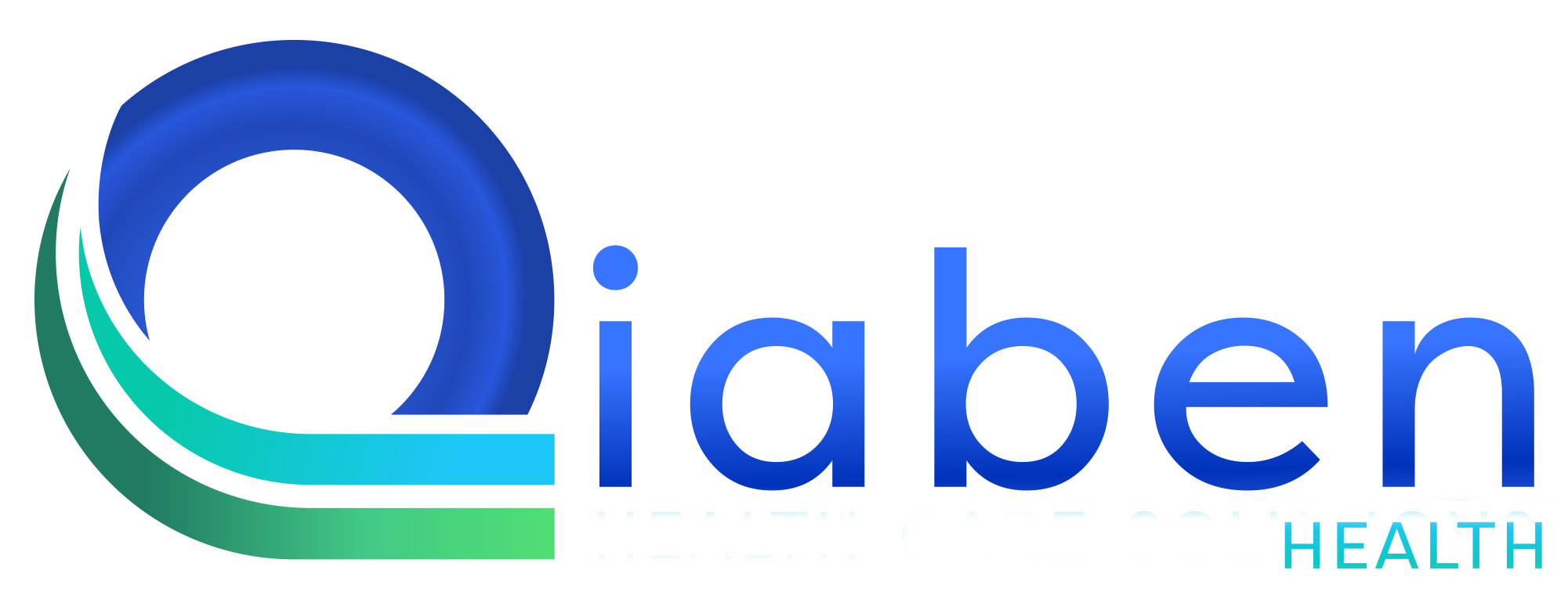Dental Billing Secrets Every Practice Should Know:
Introduction:
Dental billing can be difficult and time-consuming work. Still, proficiency in billing is essential to enhance the revenue cycle and reduce claim denials. Mostly, many practices fail to follow the proper strategies. In this blog, we’ll show you some important billing secrets that can make your practice more efficient and profitable.

1. Important is accurate patient information:
It is essential, first and foremost, to ensure that patient information is accurate. Denial of a claim can result from even the smallest error, such as an incorrect birthdate or misspelled name. Therefore, at each visit, always check the patient’s information. Additionally, cross-check the insurance information, coverage, and policies; it may change.
2. Use Proper CDT Codes:
For successful claim submission, using the appropriate Current Dental Terminology (CDT) codes is essential. Surprisingly, many practices under-code or over-code, which can trigger audits or denials.
For instance, under-coding (billing for a simpler procedure than what was performed) may reduce reimbursement.
Insurers may be alarmed if a company bills for a more complicated service than it actually provides. To prevent this, regularly update your coding knowledge. Accuracy and compliance are guaranteed by adhering to annual CDT code revisions.
3. Learn the Difference Between Fee-for-Service and PPO:
When it comes to dental insurance plans, it’s essential to distinguish between Preferred Provider Organization (PPO) and Fee-for-Service (FFS) models.
You will be required to adhere to contracted fee schedules with PPO plans. As a result, filing claims at higher rates might result in changes. On the other hand, FFS plans allow you to charge your usual rates, but timely claim submissions are still essential for prompt payment.
You can tailor your billing strategies to each plan by comprehending its specifics.
4. Before beginning treatment, confirm eligibility:
Another key secret is to verify insurance eligibility before providing treatment. This step is often skipped by practices, which can lead to unpaid claims or unanticipated patient balances. To avoid this:
Before the appointment, check the coverage limits, deductibles, and copays. Utilize electronic verification tools to cut down on errors and save time. As a result, you can offer patients accurate cost estimates and avoid billing surprises.
5. Promptly appeal denied claims:
Denials of claims are inevitable, despite meticulous billing practices. However, many practices do not take advantage of the chance to appeal denied claims. Keep in mind that incorrect patient information, missing documentation, or coding errors frequently cause insurers to deny claims. To maximize your revenue:
Carefully examine the reason for the denial. Make the corrections and promptly resubmit the claim. Keep a detailed log of denied claims and regularly follow up. In doing so, you’ll recover revenue that might otherwise be lost.
6. Utilise Technology to Increase Productivity:
In today’s digital environment, manual billing procedures are out of date. Instead, you might want to think about automating processes like patient invoicing, payment tracking, and claim submissions with dental billing software. Automation not only reduces human error but also boosts efficiency. Furthermore, it enables you to track unpaid claims and send timely reminders, improving your cash flow.
7. Train your staff on the best billing practices:
Finally, consistent staff training is vital. Dental billing rules and codes change frequently, making ongoing education essential.
To inform your workforce: Provide regular training sessions on trends in billing and changes to CDT codes. Encourage employees to attend dental billing workshops or webinars. You can reduce costly billing errors and improve overall efficiency by investing in training.
Conclusion:
To become proficient in dental billing, it takes time using precise coding and requesting claims denied timely, and then you can improve your revenue cycle. Additionally, use advanced technology and train your employee; it will boost your work. Eventually, the success of dental billing comes only from focusing on consistency and precision.








